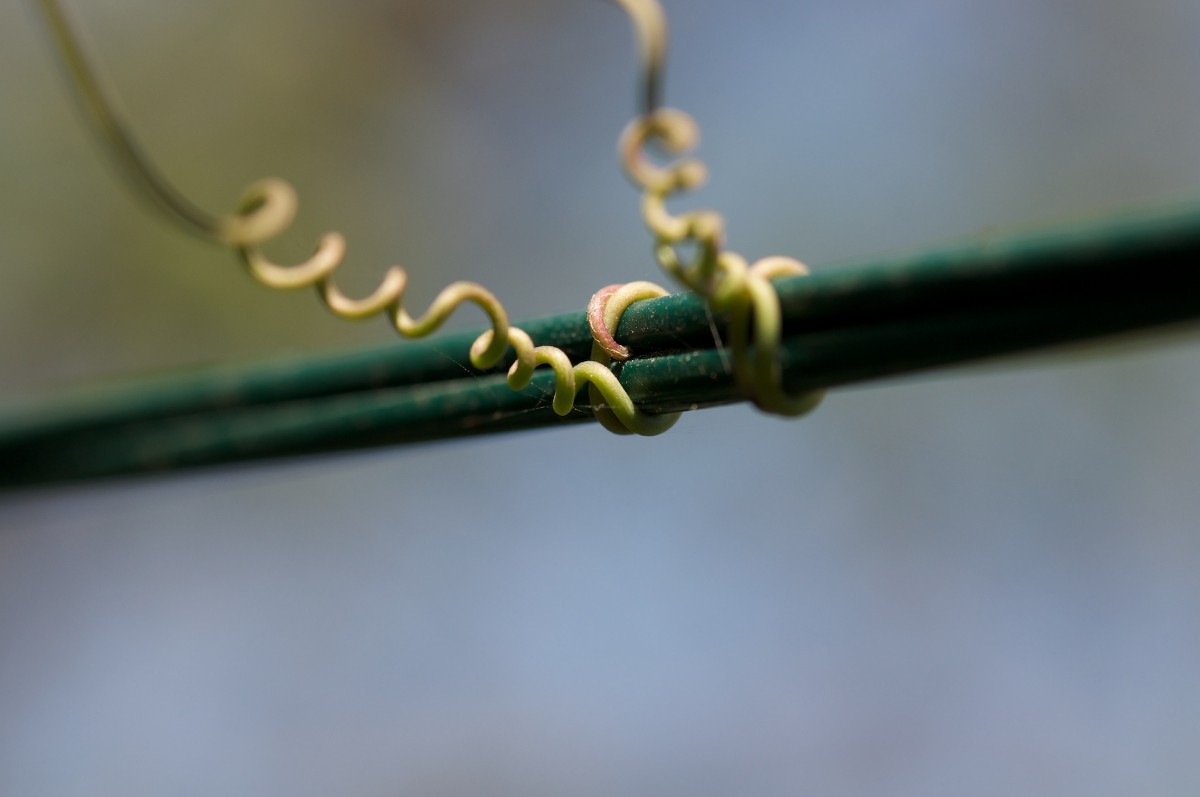We hear a lot of either/or options in our lives. Either you can do this or you can do that. And how often is an acknowledgement of a different point of view accompanied, by a “but…?” Ya, but I think…!
This post addresses the need to see the complementarity of differences and the need to ask “how” AND “why.” As the eastern philosophers would say, “there is a yin is in every yang, and a yang in every yin.” Both need each other.
In a simple and profound way, Carkhuff suggests that there are two dimensions to human behavior, responsive and initiative. One without the other is crazy. While it is a wonderful trait to be responsive and supportive, there are times we need to be initiative and directive. Think parenting. All “ask” and no “tell” will lead to chaos. All “tell” and no “ask” will result in squashing creativity at a minimum and alienation at a maximum.

Limiting ourselves to one side or the other creates polarization and divisiveness. Think politics. The republicans and democrats are locked in. As a result, we have a gridlocked system. I would like to explore the notion of complementary and how it can lead to a greater sense of interconnectedness and interdependence. New discoveries in theoretical physics support this idea.
The basic questions of how and why demonstrate this point. Scientists prefer to invest all their energy in “how” the universe works. More spiritually oriented people prefer to ponder “why” there is something vs. nothing, i.e. why am I here?
Politicians focus primarily on “how” they are going to raise enough money and secure enough votes to get elected. In the process, they lose track of “why” they want to get elected in the first place. Presumably, the reason is to achieve a position of power to be able to make things better for all the people—not just the people who fund their campaigns.
Religious institutions concentrate on finding new members, building bigger churches, and making their budgets, i.e. how to grow. In the process, they lose track of the goal of living in the question “why” do I exist—what is my purpose in life? I don’t presume to suggest there are any definitive answers, but we should at least live in the question.
Even athletes are vulnerable to becoming compulsively obsessed with “how” to win a game and reach the top of their field instead of pausing to ask “why” am I devoting all my energy to this singular pursuit.
What a difference it would make if scientists, politicians, athletes, and preachers complemented their “how” questions with “why” questions. What a difference it would make if mystics, critics, and couch potatoes complemented their “why” questions with “how” questions.
Just as responsiveness increases the potency of initiative and vice versa, asking “how” complements the “why” and “why” strengthens the “how.” This phenomenon even works in educational evaluation. How much rigor should go into the evaluation process and what is the meaning derived (why are we doing this?). The current emphasis on evaluating teachers and student performance has not had a big effect on educational outcomes, but has served to drive teachers out of the profession. We know that educational success comes from treating teachers with respect and paying them accordingly. Why would we think that treating teachers like losers and not paying them competitive wages would attract excellent candidates into the field? AND how can we do a better job of attracting, developing, and retaining the most talented and capable people into education.
We are living in a polarized and divided world. All of the examples above are simply manifestations of our one-sided, narrow, and limited thinking. We see and define ourselves by our differences instead of our similarities. When we spend all of our time, money, and resources trying to figure our “how” to defeat or eliminate those who are different, we miss the larger point of “why” we are here in the first place.
Modern humans have only been on the earth a small fraction of its existence—200,000 years of its 4,000,000,000 life (1/20,000). That’s a flash. The big questions are “how” do we become something other than a bug on the windshield of history AND “why” have we had this unique opportunity and gift to develop and grow like no other species? If we lived in those questions, perhaps we would feel more grateful for every moment we have, and we would act with more grace and compassion toward all our fellow species. Ask how AND why.
Also published on Medium.

